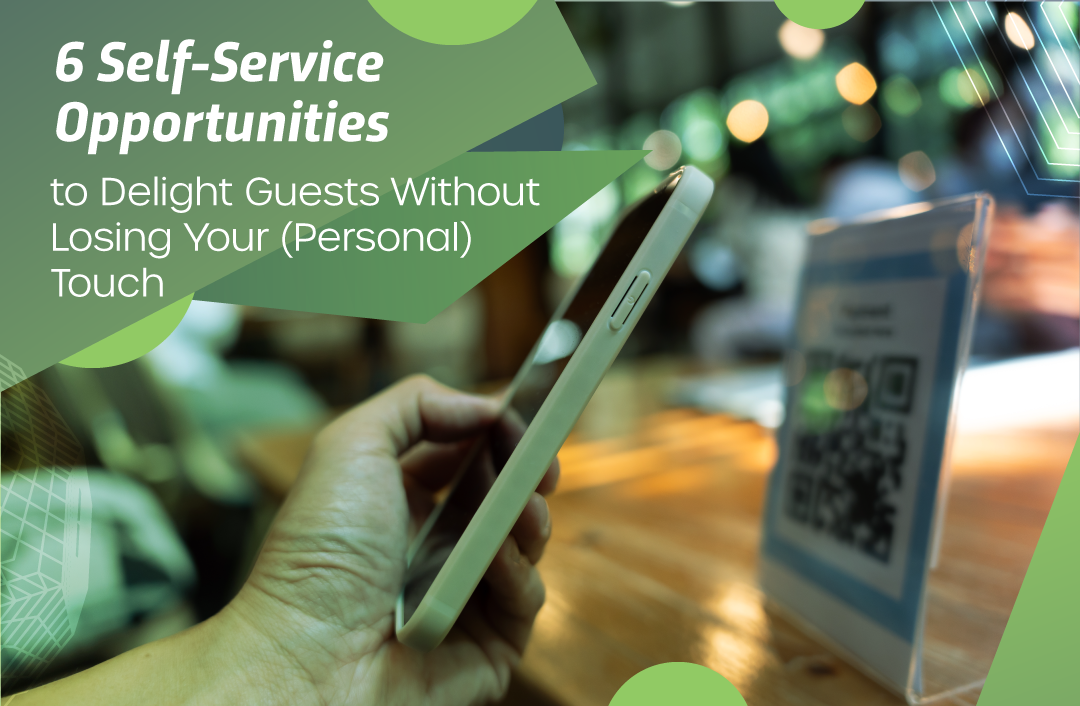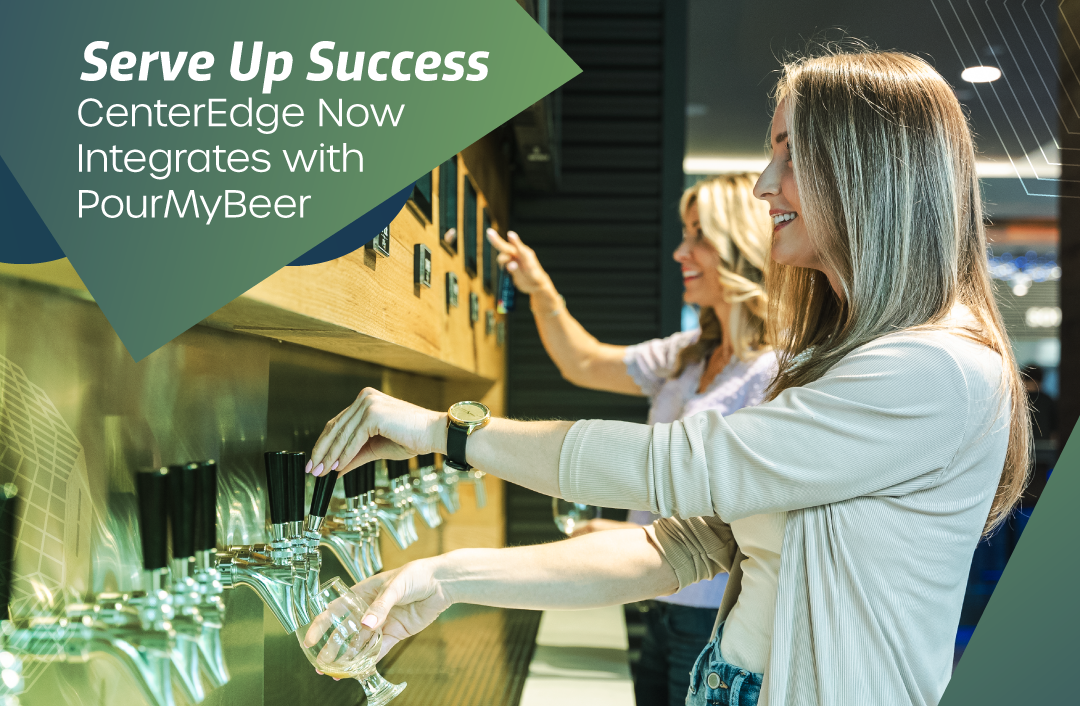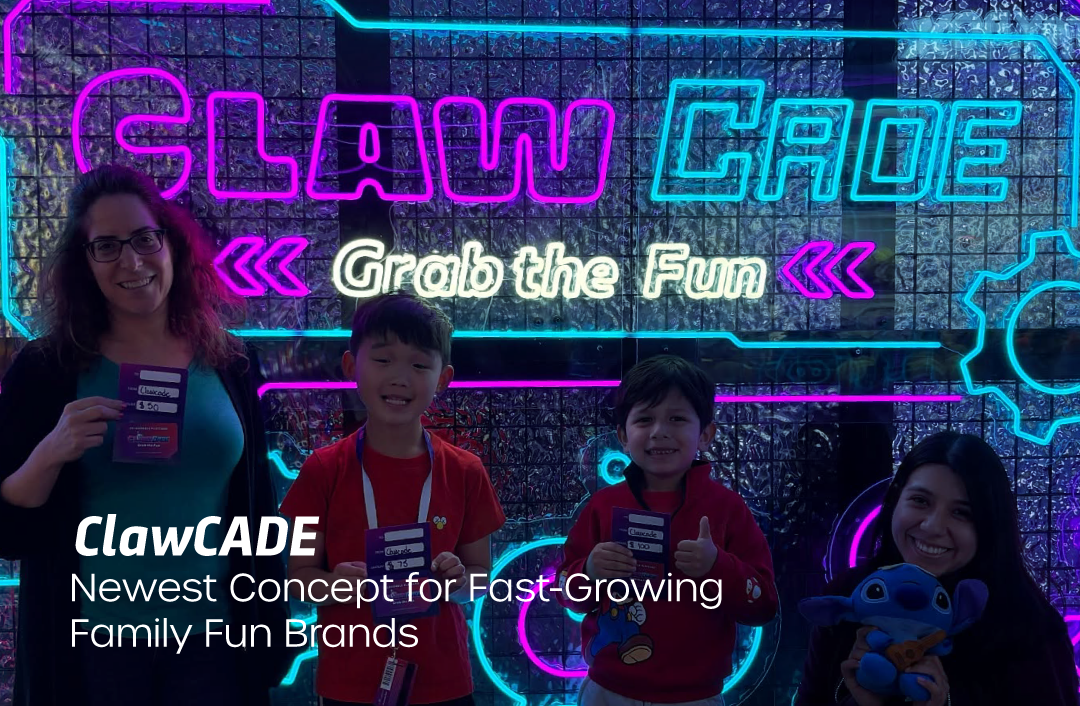Using the right language, frontline sales can grow per capita spending one conversation at a time.
Increasing per capita spending at the frontline is arguably the most important, but often overlooked, focus that can make an entertainment facility thrive. It’s that elusive unicorn that appears to be just out of reach. We see it. We want it. But how do we get it?
We recently discussed the need for approaching suggesting selling from your guest’s perspective so that you can connect your offering with why your guest should want it – through common selling points. The more connected you are to your guest’s perspective, the easier it becomes. But when you only have 120 seconds or less to interact with your guest at Admissions or you need to keep food service efficient, it can be difficult to pull it all together. The secret to effective suggesting is having the right words at the right time. Here are five approaches to upsell phrasing to help boost frontline sales today.
1. Give the choice of two positives.
This approach assumes the upsell is happening. Rather than being an order taker, you are offering the guest the choice of two great outcomes, and you can connect these with any selling point. Perhaps going with a combo will save them a little money, or provide them with a bigger, better experience. Offering two choices is great when helping a guest decide from your full offering and positions you as an expert advisor. It’s especially useful when dealing with direct buyers who want to decide quickly and when assuring more tentative buyers that they’re making the right choice. Consider this approach in response to some guest interactions such as:
- Guest: “Hmm, I’m really not sure. How do I know which one is best?”
- Team Member: “[Smile] That all depends on you! It’s about lunch time so you could do our tacos and tag combo for food and fun, or you could do our all access pass if you want to focus just on the fun today.”
OR
- Guest: “Yes, it is our first visit. Wow there are so many choices.” or “Do I just pay for everything separately? How does it all work?”
- Team Member: “Welcome! We do have a lot of attractions/offerings but I can help make it easy for you. You could purchase any attraction individually or we’ve got an unlimited play pass which allows you to try them all and would save you a bit of money as well!”
2. Take a “low-pressure” approach.
One of the reasons that team members are reluctant to try and upsell is that they don’t want to seem pushy or “salesy.” Use a low-pressure approach along with common selling points to help them feel comfortable offering the add-ons and teach them that a “no” is “no big deal.” Help them understand that rejection of the offering doesn’t mean the guest hates them, the facility or the offering, rather that they’re not interested today – and that’s no big deal because the next guest might be.
Low-pressure language also makes your guests feel comfortable and see your suggestions as they’re intended – as a way for them have a better experience, more value, or any other selling point. This will reduce buyers’ remorse that result in returns, complaints and even negative reviews. Some examples are:
- Team Member: “By the way, did you know you could add on an extra session of laser tag for just $7?”
This works because it adds value almost as an afterthought. Additionally, the use of phrasing like “did you know” encourages them to consider something that they hadn’t previously or provides them with new information that could benefit them.
- Team Member: “People have been loving our new craft burgers with hand-cut garlic & truffle oil tossed fries.”
This one is great because sharing what others have enjoyed builds trust similarly to another buyer’s recommendation. This approach is especially valuable with indecisive buyers. As always, your personal recommendations can be great, but coming armed with facility best sellers is always a win. And without a doubt, this phrasing should replace any team member responses of “I don’t know, I never eat/play here … but I hear that the craft burgers are good.” You never want to present a false recommendation so be sure that team members actual do know what your best sellers are and that they’re taking time to get genuine feedback from guests. Then, any guest-provided recommendations will ring true.
3. Build excitement with descriptive language.
It’s well known that descriptive language is a must in marketing but many people fail to use this effective tool when selling. Team members should be experts about your fun (and your food) so that they can speak passionately about everything you have to offer.
Over time, though, we can become desensitized to how exciting our own attractions are, so it’s a good idea to remind team members to think about our food and attractions from a guest’s perspective. Sure, you’ve completed the Ninja Course dozens of times, but it’s intense and thrilling for a first-timer. Have them (or your first impressions) in mind when recommending attractions and use big, bold language to illustrate the unique experience – with food and attractions alike.
Consider:
- Team Member: “Have you tried our new Zombie Apocalypse Laser Tag? It’s intense and makes you feel like you’re fighting to take the city back! When you get over there, ask Julian, he’s the sheriff who will get you vested, for some tips and hiding places.”
4. Create urgency (when appropriate) with only and just.
Using “only” can help create a sense of urgency when an item is in limited quantity or available for a limited time. Using “just” can be effective in minimizing sticker shock of a large package or to suggest an add on is a small uptick in cost. Don’t risk integrity by misusing them – even innocently. Creating false urgency will backfire if you tell a buyer you only have two birthday times left and they hear from another team member that your events are wide open for the day.
Consider:
- Team Member: “We’ll only offer this Birthday Bonus for parties booked through the end of the month for just $XYZ.”
AND
- Team Member: “I can add an extra $10 in game card for just $7.”
Phrasing the suggestion this way not only uses “just” to show the value of the add on, but also strengthens it a bit by forming it as a statement rather than a question. Without applying pressure to the buyer, it emphasize what you/your facility can do for your guest.
5. Ask every guest every time.
Ask every guest, every time to add something to their experience so that upselling becomes another rule of the game. A good way to end a suggestion is to ask, “how does that sound?” or “what do you think about that?” Instead of simply inviting a guest to buy something (think: welcome to Joe’s Burger Bonanza would you like to try this thing you don’t need for this price you don’t want), you’re actually engaging with your guest, suggesting something relevant and asking for feedback. It’s great and keeps everyone feeling safe and will usually reveal if your guest is open to a different upsell if you somehow missed the mark on the first suggestion. It may sound like:
- Team Member: “Have you ever tried our bumper cars? Coworkers love to bump the boss and send him flying! I can add that for just $5 more for each event guest. How does that sound?”
- Guest: “Actually, that’s not a bad idea. What other kinds of activities do you do with companies?”
OR
- Team Member: “Our chef has some amazing craft burgers on our brand-new menu that I could recommend, how does that sound?”
- Guest: “Hmm, thinking something healthier.”
- Team Member: “Absolutely, we’ve got wheat or gluten free crusts available for our pizzas or we have a phenomenal spinach and pear salad if you’re thinking about going in the super healthy direction. What do you think?”
Most of the suggestive and upselling language discussed can be mixed and matched with your different selling points, different types of buyers and different products. Be sure that you’re staying present in each conversation and deliver suggestions from a point of expertise, but more importantly, from the heart. Just like in every other interaction with guests, authenticity matters and should never be compromised. But having these phrases ready at the right time can create better experiences and boost revenue – big wins for your guest and your business.
Do you offer an enhanced dining experience that you need more integrated with the attraction side of your business? Check out the CenterEdge Food and Beverage Solution.
Search Resources
Subscribe to Email Updates
Featured Resources
Blogs //
6 Self-Service Opportunities to Delight Your Guests Without Losing Your (Personal) Touch

News //
CenterEdge Now Integrates with PourMyBeer to Help FECs Serve Up Success

News //
ClawCADE is Newest Concept for Fast-Growing Family Fun Brands

Blogs //
Data-Driven Decisions: Using Management Software to Optimize Staffing & Guest Flow

Posts by Topic
- Advantage Payments (7)
- Brand Management (19)
- Business Growth (81)
- Capacity Management (2)
- CenterEdge News (28)
- Client Interviews (8)
- Credit Card Processing (3)
- Data & Reporting (12)
- Digital Signage (1)
- Event Management (20)
- Facility Management (10)
- Food & Beverage (8)
- Guest Experience (34)
- Guest Management (20)
- Holiday Season & Promotions (5)
- Industry Events (10)
- Inventory Management (1)
- Loyalty Programs (8)
- Marketing Tips (24)
- Operations (1)
- Point of Sale (10)
- Product Launch (11)
- Productivity (5)
- Profitability (35)
- Redemption Management (1)
- Sales (35)
- Season Passes (1)
- Team Training (60)
- Waivers (2)

Leave a Comment